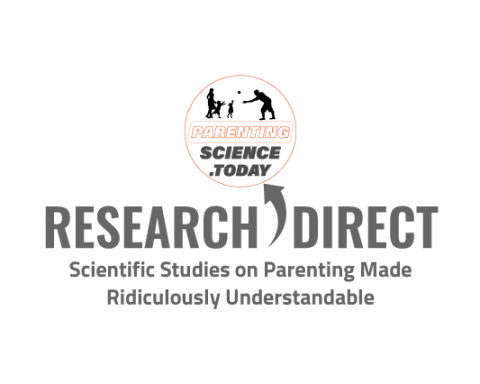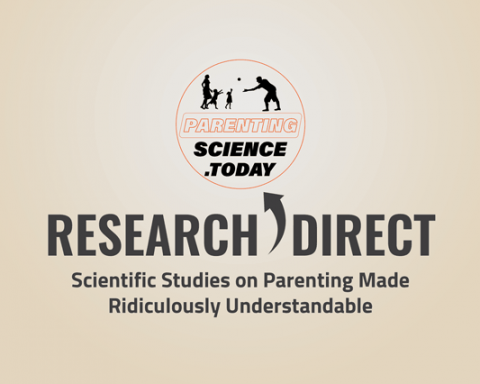Reading books to children supposedly makes them smarter. However, did you realize that you can read to a child even when the baby is still in the womb?
One research study related to early language acquisition processes specifies that “prior to and at birth, the infant processes some minimal predispositions that make him pay particular attention to certain parts of the environment, like say faces and voices […] the infant brain does not start out with circuits dedicated only for language processing, but it does end up with specialized circuits as a function for experience.”
Godly parenting is all about realizing a baby’s need for nurturing and fulfilling it adequately through perceptive actions. Many people think that reading is a way to soothe and bond with an unborn baby, but research is only now elaborating on how reading books to babies in the womb can actually make them smarter and give them a head start academically.
The Advantages of Reading to an Unborn Baby
Most couples focus on singing lullabies and playing music to their unborn babies; however, reading to them is far more advantageous for a number of reasons:
A Stronger Foundation
Reading to a baby in the womb lays a nurturing foundation, which is the basis for the parent-child relationship. Reading is also a way to begin godly parenting and to establish stronger bonds for the future. Babies can recognize the voices of their mothers and fathers while still in the womb and will respond to them more actively after birth. Both mothers and fathers can read to the baby prenatally and then continue this activity later on. So, this joint activity is a great bonding experience for the whole family.
A Relaxing Activity
Pregnancy has its own ups and downs. Even if they are not bothered by nausea, hormonal surges, and backaches, mothers-to-be cannot be expected to be 100% positive and cheerful all the time. The pregnancy experience may sometimes overwhelm mothers. Reading is one of the best ways to de-stress and focus on oneself and the unborn baby. Relaxation also causes the fetal heart rate to drop, and the baby draws solace from the mother’s voice.
Better Listening Skills
Babies become receptive to sounds in the womb at the twentieth week, as this research explains: “Auditory development in the fetus and infant entails the structural parts of the ears that develop in the first 20 weeks of gestation.”
Although most people would agree that talking to an unborn baby perhaps makes some sense, they may think that reading to an unborn baby doesn’t make sense because the baby cannot understand much of what you are reading.
However, the reason for reading to an unborn baby is so the sound, tone, and depth of the voice will stimulate the baby. The stimulation reading provides actually helps babies develop listening skills earlier in life. Reading to an unborn baby regularly and consistently also helps the baby develop its attention span.
Better Auditory Function
Whatever sounds the fetus can hear in the uterus leads to the migration of neurons and the formation of newer connections and pathways in the auditory cortex.
According to research, “the neurosensory part of the auditory system develops primarily after 20 weeks’ gestational age. The auditory system becomes functional at around 25 weeks’ gestation […] from 25 weeks’ gestation to 5 to 6 months of age is most critical to the development of the neurosensory part of the auditory system.”
The more exposed the baby is to environmental sounds like speech, significant sounds, and words, the better the hair cells of the cochlea can respond and attune to them. Better auditory function creates better cognitive functions later on.
Conclusion
When parents read to their unborn baby, a special auditory bond is created between the parents and the baby. Consequently, the baby will listen to and respond to the parents much better after birth. It doesn’t matter which book or article the parents read to their baby as long as they read with interest and passion. As a result, the baby will respond readily to the parents’ voices both before and after birth.
References
- Graven, Stanley N., and Joy V. Browne. “Auditory Development in the Fetus and Infant.” Newborn and Infant Nursing Reviews 8, no. 4 (2008): 187–193. Retrieved from https://www.sciencedirect.com
- Karmiloff, Kyra, and Annette Karmiloff-Smith. Pathways to Language: From Fetus to Adolescent. Cambridge, MA: Harvard University Press, 2009. Retrieved from https://bit.ly/2lx1ZwM













